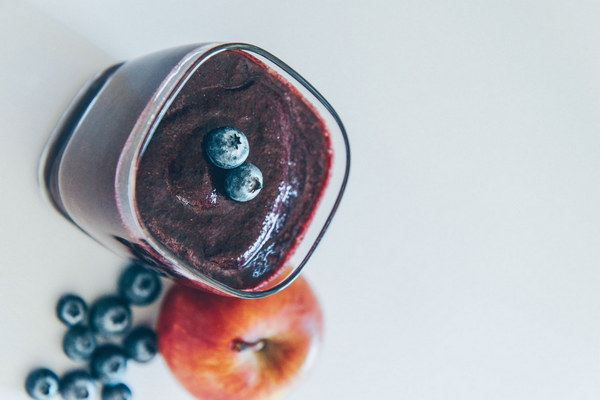Ancient Wisdom on Health How the Elders Practiced Well-being
In the annals of time, the pursuit of health has been a common denominator across various cultures. From the East to the West, ancient civilizations have accumulated invaluable insights on how to maintain a balanced and harmonious life. This article delves into the wisdom of the ancients, exploring how they approached the art of wellness.
The Concept of Yin and Yang
One of the fundamental principles of traditional Chinese medicine is the concept of Yin and Yang. This philosophy posits that the universe is made up of two complementary forces, Yin (the passive, dark, and cold) and Yang (the active, bright, and warm). Maintaining a balance between these two forces is crucial for overall health. The ancients believed that a harmonious Yin and Yang balance could be achieved through various practices such as tai chi, acupuncture, and dietary adjustments.
Dietary Wisdom
Ancient civilizations emphasized the importance of a balanced diet, which included a variety of foods. The Greek physician Hippocrates once said, Let food be thy medicine, and let medicine be thy food. This notion is still relevant today. The ancients were aware of the nutritional value of different foods and their effects on the body. For example, the Egyptians believed in the healing power of dates and garlic, while the Romans valued the health benefits of figs and honey.
Exercise and Movement
The ancients understood the importance of regular exercise and movement to maintain physical and mental well-being. The Indian practice of yoga, which dates back over 5,000 years, is a prime example. Yoga combines physical postures, breathing exercises, and meditation to promote balance and harmony in the body. Similarly, the Japanese developed the martial art of judo, which not only teaches self-defense but also emphasizes the importance of self-discipline and physical fitness.
Mindfulness and Meditation
Ancient cultures placed a strong emphasis on the mind-body connection and the power of the mind to influence physical health. Meditation, mindfulness, and visualization were common practices used to cultivate mental clarity and emotional balance. The Buddhist practice of mindfulness, for instance, encourages individuals to live in the present moment and become aware of their thoughts, feelings, and bodily sensations.
Herbal Remedies

Herbal remedies have been used for centuries to treat various ailments and promote health. The Egyptians, Greeks, and Romans were all familiar with the healing properties of various herbs and plants. For example, the ancient Egyptians used a mixture of honey and garlic to treat wounds, while the Greeks used peppermint to alleviate stomach pain and chamomile to induce sleep.
Rest and Relaxation
The ancients understood that rest and relaxation were essential for maintaining health. The Roman philosopher Seneca once said, He who is not in a state of health is not free. This philosophy is reflected in the practice of regular sleep, rest, and leisure activities. The ancient Greeks, for example, held athletic competitions such as the Olympics to promote physical fitness and well-being.
In conclusion, the wisdom of the ancients on health and wellness offers a wealth of knowledge that can still be applied today. By incorporating the principles of balance, nutrition, exercise, mindfulness, and rest, we can strive to achieve a healthier and more harmonious life, drawing inspiration from the age-old practices of our ancestors.









